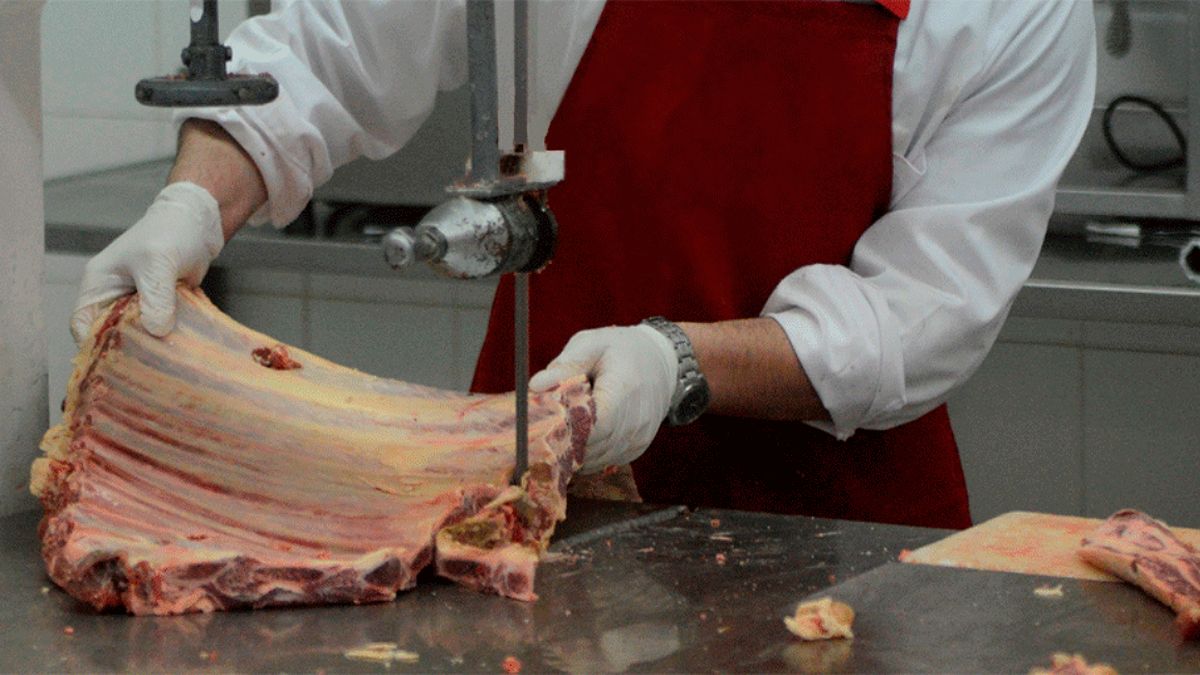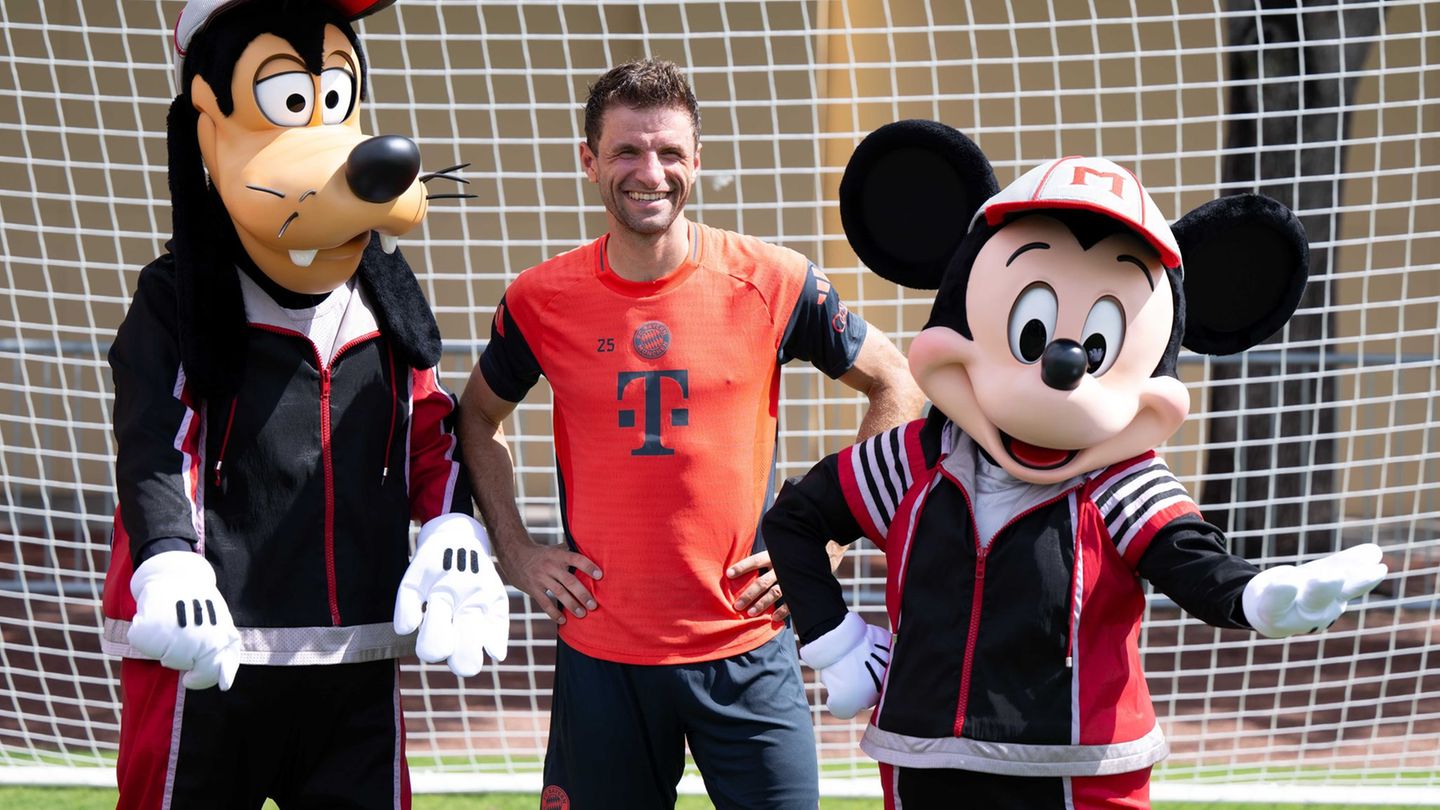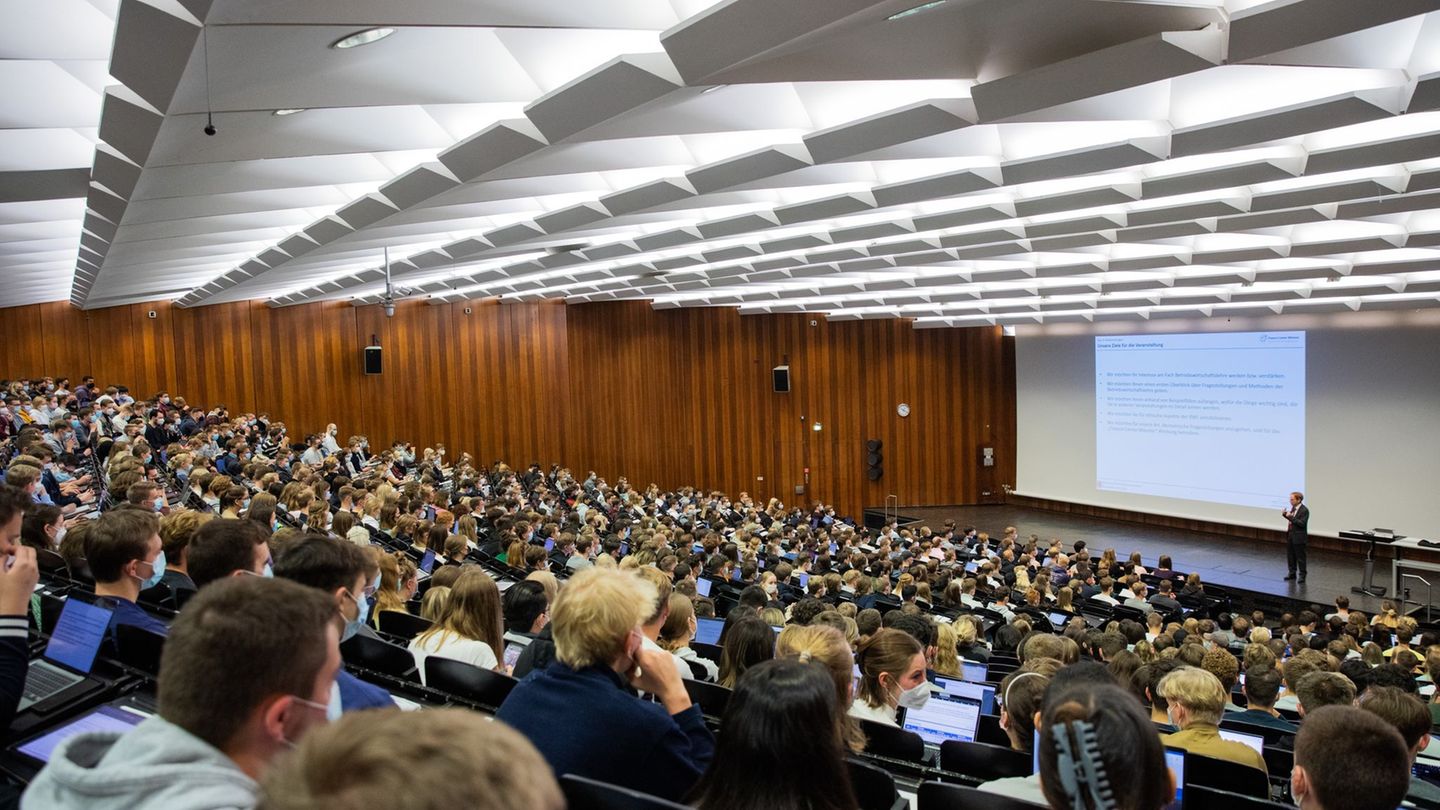The president of National Meat Institute (INAC), Conrado Ferberhe referred again to the operation Minerva-Marfrig which would leave 45% of the work of Uruguay: The leader considered that such a level of concentration is not necessary and requested that the issue, under study by the Commission for the Promotion and Defense of Competition (Coprodec) of the Ministry of Economy and Finance (MEF) Don’t be electoralized.
At a press conference, the president of INAC expressed himself again in relation to the controversial purchase of three of the four refrigerators that Marfrig has in the country —Colonia, La Caballada of Leap and Inaler of Saint Joseph- by his compatriot Brazil, Minerva Foods, which already has four floors —PUL, Carrasco, Canelones and BPU.
Ferber’s comments were made within the framework of waiting for the delayed definition by Coprodec, which continues to hold meetings to learn about the positions of actors related to the agroindustrial and commercial meat sector — among them, the Rural Federation, who presented a paper against the operation, denouncing the possible formation of an oligopsony—; which is why he admitted that he would like it to be a much faster process, “because uncertainty is never good for markets, it is never good for commerce.”
Although he highlighted as positive that in Uruguay legal processes and the corresponding guarantees for investors are respected, he did not fail to point out the detrimental effects that the level of concentration that the industrial activity would acquire if Coprodec approves the merger of both Brazilian companies in the Uruguayan business.
An unnecessary concentration for the Uruguayan market
Likewise, Ferber recalled that the INAC was against the growing concentration of cattle slaughter “from the beginning.” “We understand that concentration is not necessary,” he said, adding that the current situation “is not perfect,” but it is “a balance “pretty healthy.”
“For us there are many more reasons” to oppose, insisted the president of the National Meat Institute, although he clarified that they have no qualms with Minerva, since it is “a serious company, it is a company that works well, but it is a company that today has one owner and tomorrow may have another, that can change its work style and have almost half of the work, it seems to us that it is a concentration that is not necessary.”
The leader also recommended “looking at what has happened in the world when there were these types of concentrations.” Rural unions have also expressed themselves along these lines, pointing out the case of Paraguay — where Minerva has the majority of the work and today regulates the purchase price— as a premonitory example of what can happen in Uruguay.
“We have to rely much more on logic than discussing aspects that are obvious to me for so long,” he considered.
A topic that is included in the campaign
On the other hand, Ferber also alluded to the increasing mention of the controversy in the midst of an electoral campaign that is beginning to take shape in the country. In that sense, he maintained that he would like the issue not to be electoralized, because it is a decision that will have an impact for a period of between 15 and 20 years – and not only in the short term – which is why he urged that “the decision of the most independent and intelligent way possible.”
The statements of the president of the INAC pointed to the recent comments of the mayor of cannelloni and pre-candidate for Broad Front, Yamandú Orsi, who invited the president Luis Lacalle Pou to review reports on the operation Minerva-Marfrig, unlike what he did with the granting of the Port of Montevideo to the Belgian company Katoen Natie.
“It is obvious that this presents risk, I believe that the president and the government have all the powers to act accordingly,” remarked the Canarian mayor.
Also the pre-candidate for Colorado Party, Gabriel Gurméndez, considered “highly inconvenient” the concentration of more than half of the slaughter capacity in a single operator. “We understand that the national government must prevent the completion of the operation Minerva-Marfrig, he pointed.
For his part, the president Lacalle Pou He had previously referred to the controversy, maintaining that the final decision on whether or not to authorize the operation would not be political, but rather technical, thus giving margin and power of determination to Coprodec. Likewise, at the end of January he referred to the issue again, within the framework of the meeting of signatures against the sale of refrigerators that agricultural producers carry out through the platform Change.org.
“I understand the point of view of those who sign the letter. There is a business on which Competition Defense must be issued. We’ll see what he says. “It is a totally independent body that does not receive directives,” he clarified, in this regard, Lacalle Pou.
“If it says black, it clearly is black. I’m not going to say this is white. If your opinion is a gray area, there will be some discretion from the government,” he stressed, and added: “I have my opinion about the concentration (of the slaughter market), but it is not appropriate to give it when there is a State agency making an evaluation.”
Regarding this, Ferber considered that the president’s position is “perfect, (it is) logical and sensible, if it is forceful and it convinces us all, it is logical that we abide by it,” and that it is “very wise for the president to respect absolutely.” the technical independence of the Coprodec. However, he indicated that he wishes that “the best decision for the country” be adopted.
Source: Ambito




